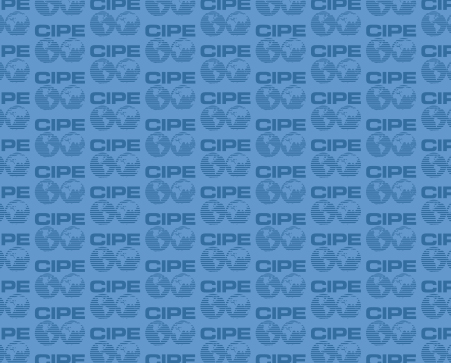
Around the world, in both developed and developing countries, citizens are debating the proper role for government and the private sector in creating jobs, encouraging economic growth, and providing public services. While this debate often paints the private sector and government as opponents, a recent Forbes magazine article by CIPE Board Member Michael Hershman, co-founder of Transparency International, describes a more cooperative model of partnership between the public and private sectors now being tried in Malaysia.
Public-private partnerships have become the norm in many countries, but they are usually limited to specific projects or goals: for example, constructing a major piece of infrastructure like a bridge or highway, or providing health or education services to an under-served population. Malaysia’s Economic Transformation Program (ETP) and Government Transformation Program (GTP) take this idea one step further, envisioning a wide-reaching model of cooperation between the government and private businesses. As part of these programs, the government pledged to implement a variety of measures, from reducing corruption to instituting anti-corruption courts, to increase private-sector competitiveness and level the economic playing field.
The third pathway of progressive government in partnership with a vibrant private sector has been powering Malaysia towards its goals and helping to create a better life for its citizens.
So far, Hershman writes, the model has been remarkably successful. Malaysia has made progress on a number of social goals, such as cutting street crime by 35% and expanding low-income housing, while at the same time moving ahead of Germany, Japan, and Switzerland on the World Bank’s competitiveness rankings and posting the highest Gross Domestic Product in the country’s history. However, Hershman notes that more challenges remain, especially as the program begins to tackle some of Malaysia’s lingering history of social exclusion and discrimination against ethnic minority groups.
Published Date: June 21, 2012